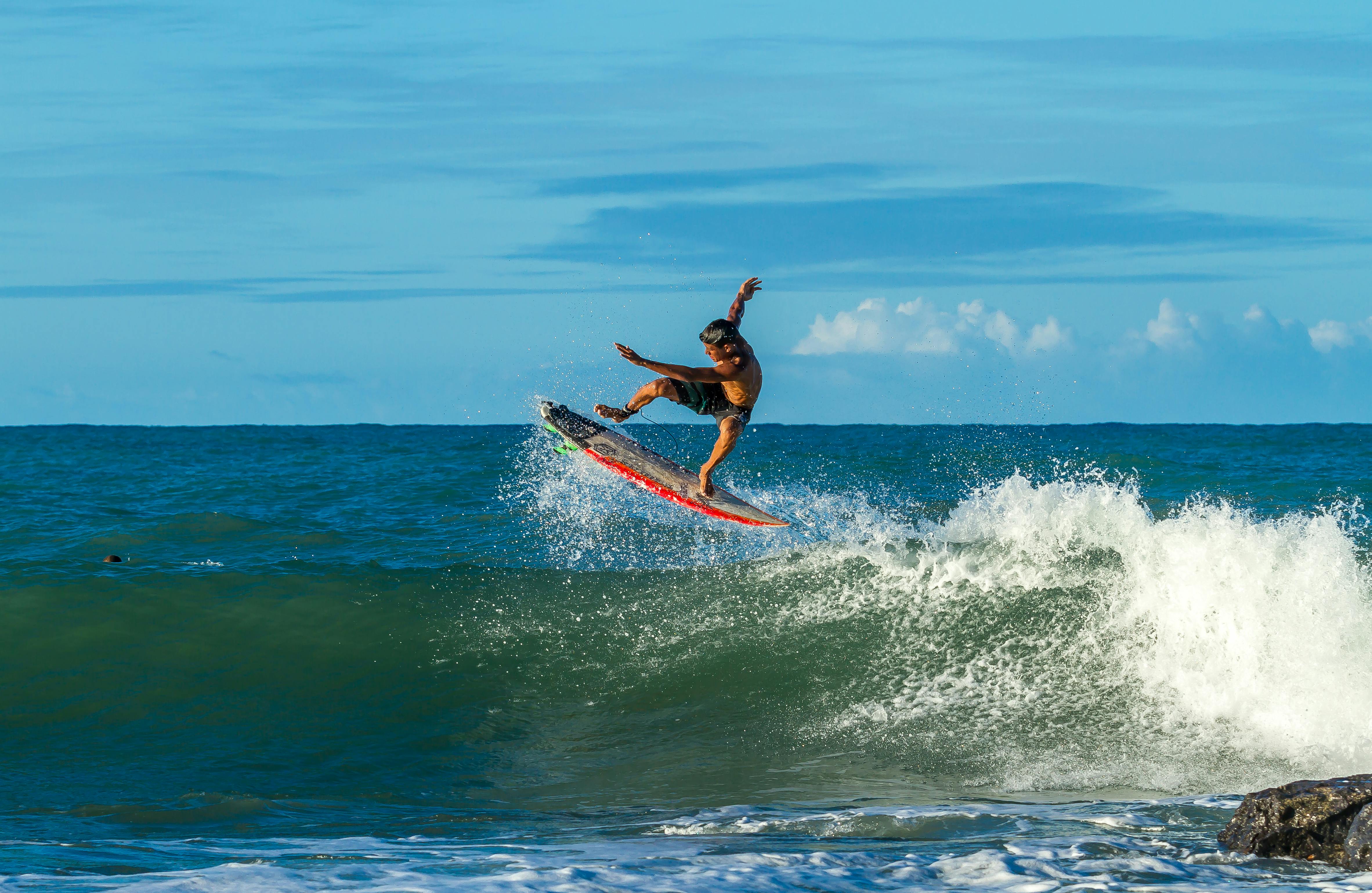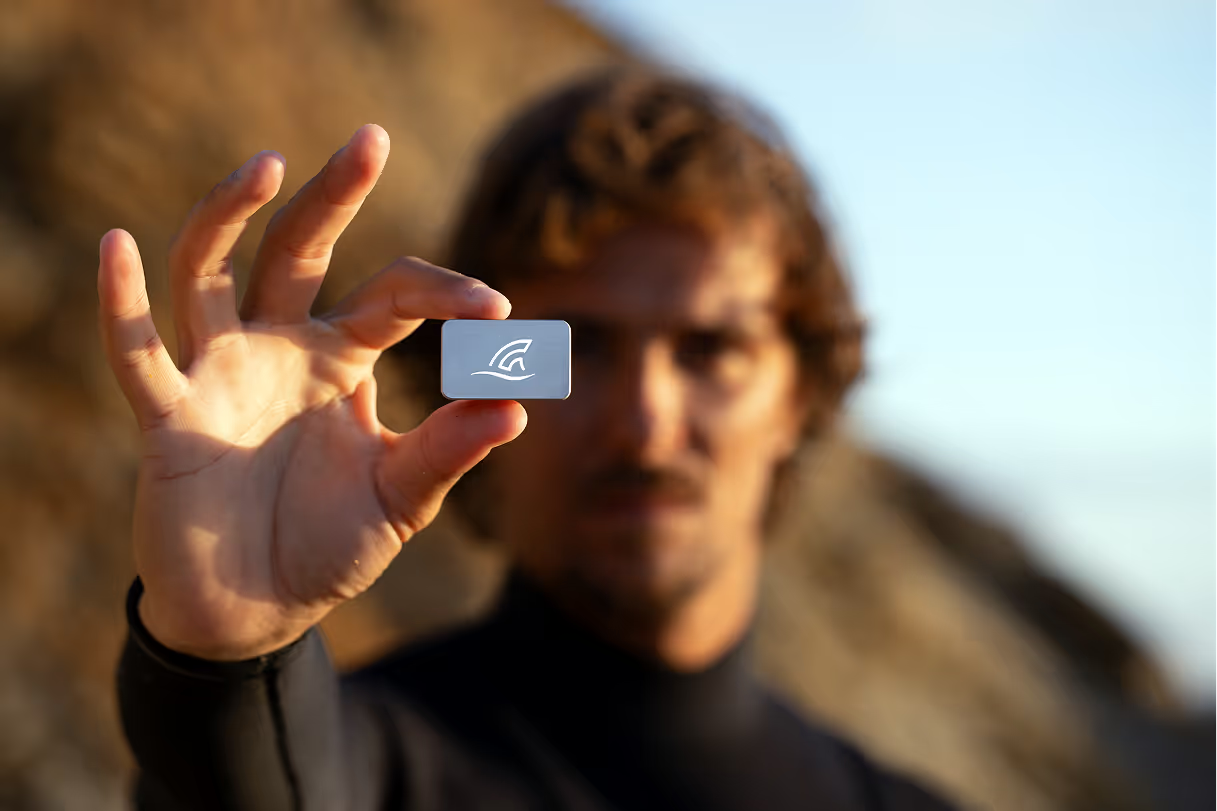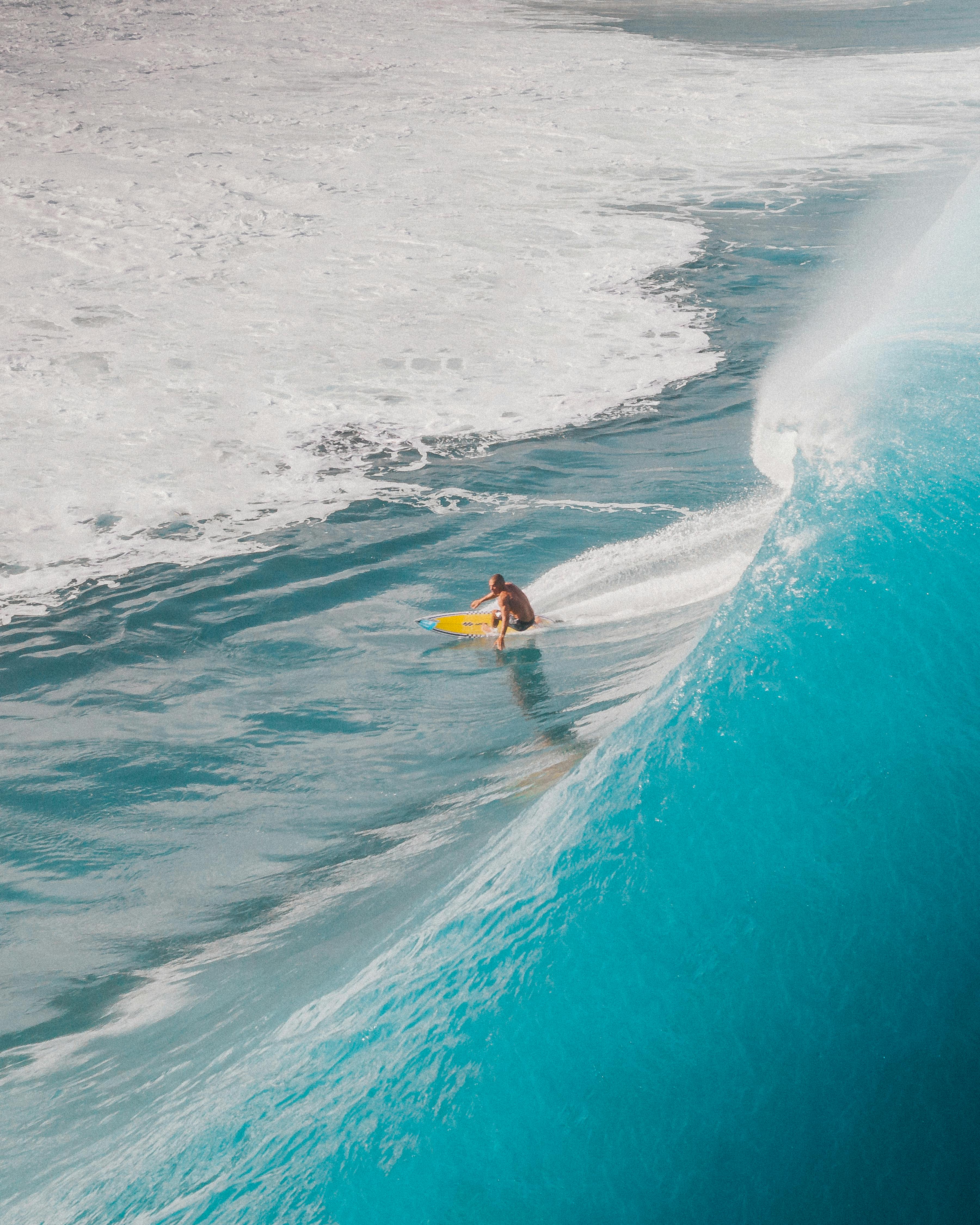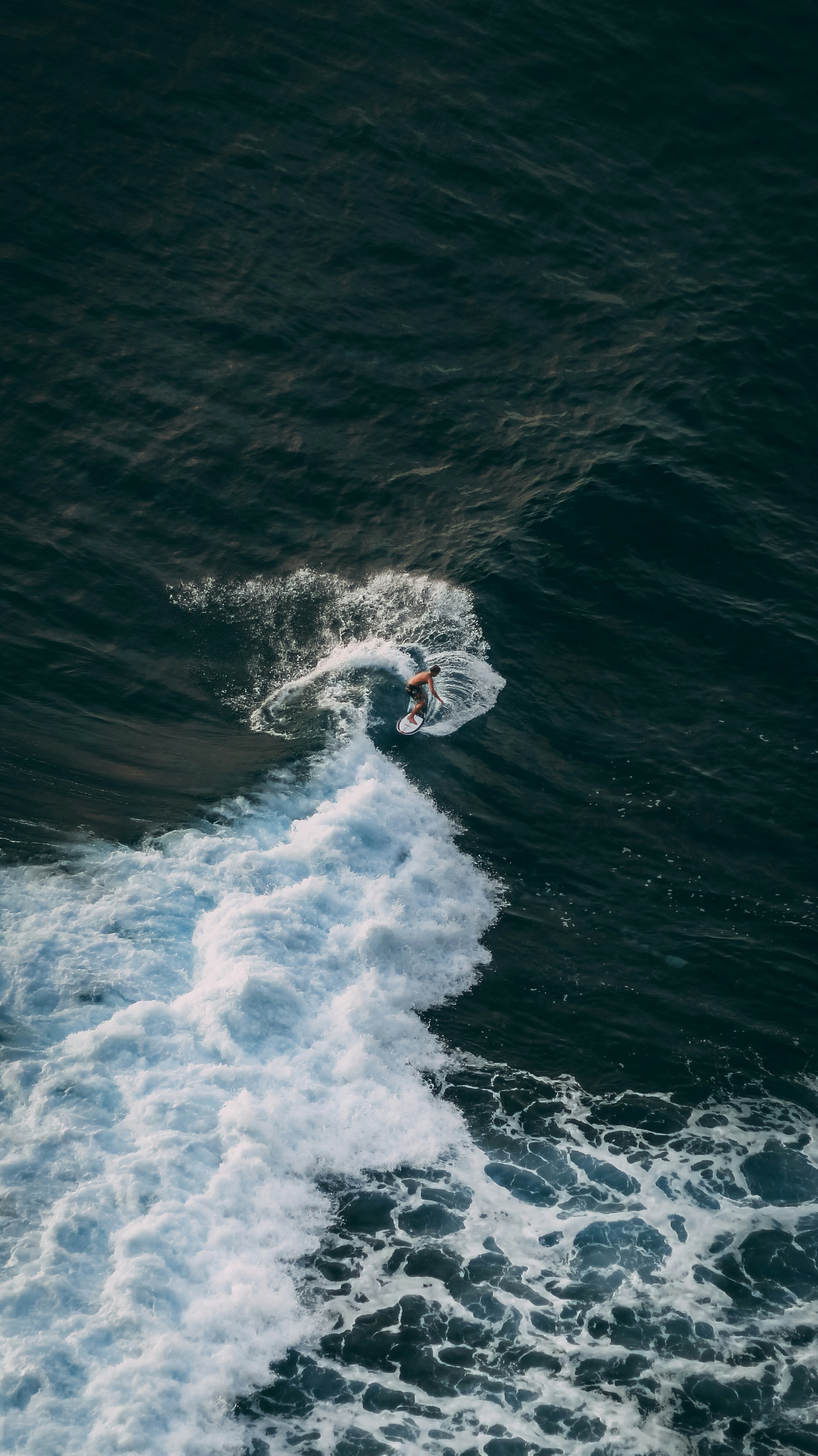You Want to Learn Reverses? Read This First
Rotational moves look flashy – but they expose every weakness in your technique.
You’re spinning backwards on a board designed to go forward. That means bad timing = instant wipeout.
Here’s what separates a surfable reverse from a flailing spin attempt.
1. You Need More Speed Than You Think
Your fins only release if you’ve got enough speed and a steep enough section.
A slow shoulder won’t cut it. Neither will weak setup turns.
2. You Kick With the Back Foot – Then Shift Forward
First: you stall the tail into release.
Then: you quickly shift your weight forward to help the board spin and re-engage without sinking.
3. You Lead With Your Head
Reverses fail when the head lags behind.
Look where you want to rotate – then twist from there.
4. You Practice the Right Type of Reverse for the Section
Soft whitewater? Go flat and lateral, maybe even with a grab.
Steep pocket? Hit it vertical, and drop into the spin with momentum.
How TRAX Helps You Land These More Consistently
TRAX picks up on:
– Where your weight shifts mid-turn
– Whether your board actually rotated or just drifted
– How much speed you lost
– Whether you committed your head and shoulders
It also shows you which turns matched the section – and which ones didn’t stand a chance.
Related Reading:
→ What Makes a Surfer Advanced? – Precision, timing, and flow: here’s how to get there.
→ How to Use Surf Skating to Improve Turns – Land-based reps help you wire in better movement.








